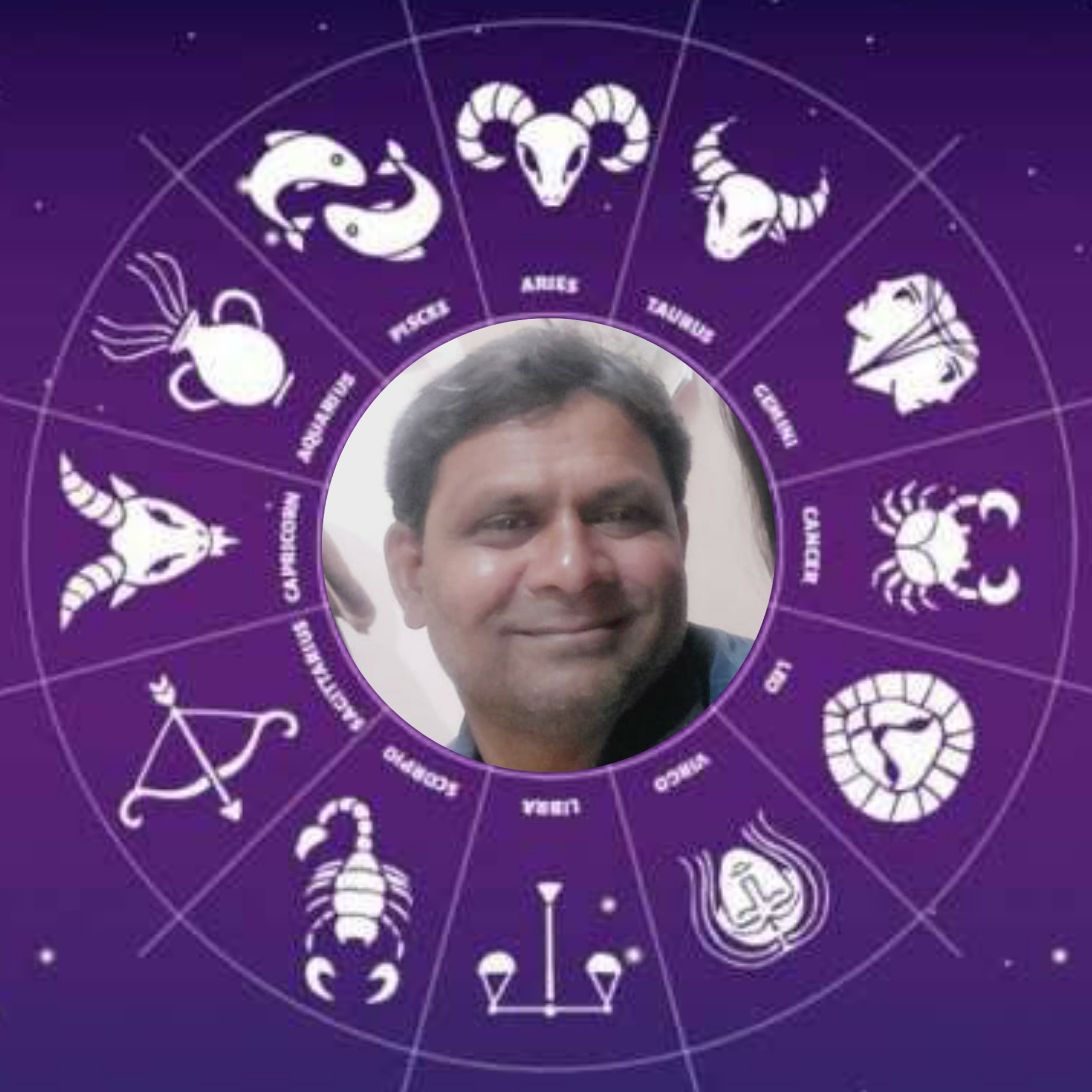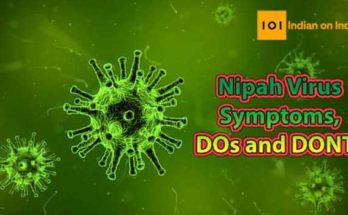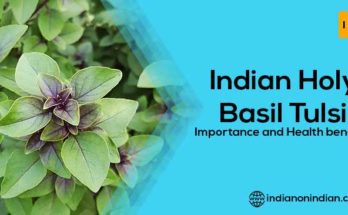In today’s scenario life has become a bullet train, until the time we understand it reaches to the next station, more than any food we eat stress & tension, That’s why Hypertension is the most common disease heard very frequently nowadays…
The persistent increase in blood pressure flowing through the blood vessels determined more than the normal ranges may be a cause of concern for your life. The normal range decided by JNC 7 is 120/80 but when your Dr notice a persistent elevation of blood pressure >=140/90 then he put you on the list of newly diagnosed hypertensive patients. In India, more than 10 million cases are registered per year whereas most of the people are not aware of it that they are also coming under this disease pool, so here I would like to grab your attention for not ignoring the symptoms of hypertension.
Also Check: Diabetes, it’s types, and Drugs for Diabetic Patients
Types of Hypertension
Hypertension is of two types
- Primary (essential) Hypertension
- Secondary Hypertension
Primary Hypertension or Essential Hypertension
In 95 % cases of hypertension the cause is not known, the sympathetic and renin-angiotensin system may or may not be overactive but they do contribute to the tone of blood vessels and cardiac output (CO) in hypertensives as they do in normotensives (normal BP). This comes from essential hypertension which may be due to the stress conditions or you may call it sympathetic overdrive. The patient suffering from Sympathetic overdrive(SO*) would show the symptoms like
Symptoms of Primary Hypertension
-
- Restlessness,
- Inappropriate sweating,
- Tremors in hand and Fast Speech.
- An increase in heart rate,
- Cardiac output,
- Peripheral vascular resistance,
- Sodium reabsorption in the kidney,
- The consequent elevation of systemic BP.
For the fact “Every 10 beat per minute increase in resting heart rate there is an increase in the chance of suffering from coronary artery disease by 12% and stroke by 5% “ thus count your heartbeat infrequent intervals because when the heartbeat reaches or increased more than 90, that becomes an alarming threat to the newly diagnosed hypertensive patients.
Also Check: Depression : Signs, symptoms, Causes, and Treatment
Secondary Hypertension
Only 5% of the hypertensive population comes under this group where the cause is well known i.e either due to some disease condition or by some genetical disorder. One of the well-known cause includes kidney diseases or disorders for e.g. Polycystic kidney disease (PKD) where the patient genetically having cysts in one or both of the kidneys which may result into the inappropriate functioning of nephrons in the kidney due to which there would be higher chances of damage to the liver, pancreas majorly but may found damage to heart and brain in some rare cases.
Another cause of concern is Renovascular hypertension, the disease is related to the renal arteries which supply blood to the kidneys.
In some young diagnosed hypertensive patients, there is an inappropriate release of renin due to the tumors in kidneys i.e tumors of juxtaglomerular cells, or carcinoma in renal cells or can be called Wilm’s tumor which all are responsible for producing renin.
Like primary hypertension, the patient does not get any specific symptoms but the Dr can identify secondary hypertension by seeing the few signs like:-
Symptoms of Secondary Hypertension
-
-
If the systolic blood pressure is extremely high i.e. around 180/20
-
If the patient no longer responding to the previous medication for blood pressure management.
-
Persistent increase in blood pressure.
-
The patient suffering from long-term renal disease and showing an increase in blood pressure levels.
Etc
-
There is a self-operating system in our body which maintain our blood pressure as our normal blood pressure is 120/80 but whenever we are influenced from the external factors like stress, anger, depression, restlessness there is a sudden drop down in our blood pressure due to which baroreceptors present in our body send signals to the brain through neurons that there is a decreased blood pressure in our body, so a message sent to the kidneys through the brain to release renin(protein & enzyme)with the help of juxtaglomerular cells which further convert angiotensinogen (an enzyme released from the liver) to Angiotensin1 which further convert into angiotensin 2 “the enzyme responsible for contraction of blood vessels, thus the Blood pressure is maintained.
You May Also Like:- Convalescent Plasma Therapy for Critically ill Covid-19 Patients
But if a person shows sustained an increase in blood pressure then the body assumes the respective BP to be the baseline for e.g persistently Your Blood Pressure is 140/90 or more then according to the body this is your normal blood pressure and thus body tries to maintain it, thus a person called as hypertensive.
There are lots of medications available for managing Blood Pressure as classified below:-
- Diuretics:
- Thiazides:- e.g Hydrochlorothiazide, chlorthalidone, Indapamide
- High Ceiling:- Furosemide, etc.
- K+ sparing:- Spironolactone, triamterene, amiloride
- MOA:- These drugs in basic reduce the sodium and water reabsorption with the help of nephrons and facilitate more urination to maintain blood volume.
- ACE Inhibitors:- Captopril, Enalapril, Lisinopril, Perindopril, Ramipril
- MOA- inhibit angiotensin-converting enzyme to further stop the formation of Angiotensin ll which is responsible for vasoconstriction.
- Angiotensin (AT1) Antagonists:- Losartan, Candesartan, Irbesartan, Valsartan, Telmisartan.
- MOA- They block AT1 receptors and prevent activation of Angiotensin ll thus directly cause vasodilation.
- Calcium Channel blockers:- Verapamil, Diltiazem, Nifedipine, Felodipine, Amlodipine, nitrendipine, Lacidipine, Cilinidipine.
- MOA-these drugs block calcium channel in smooth muscles to facilitate vasodilation
- Beta-Adrenergic blockers:- Propranolol, metoprolol, Atenolol etc.
- MOA- Block beta receptors present as B1, B2 & B3 by blocking B1 receptors which are present on heart, these drugs reduce heartbeat thus to maintain Blood Pressure
- Beta+Alpha Adrenergic blockers:- Labetalol, Carvedilol
- MOA- block both the receptors I.e alpha/beta to prevent an increase in blood pressure by reducing heart rate and dial at its blood vessel
- Alpha Adrenergic Blockers:- Prazosin, Terazosin, Doxazosin, Pentalomine, Phenoxybenzamine
- MOA- Reduce blood pressure by blocking selectively alpha receptors which are responsible for reduced (total peripheral resistance)t.p.r
- Central Sympatholytic:- Clonidine, methyldopa.
- MOA- these drugs reduce blood pressure by central alpha2 Adrenergic receptors present in the brain thus reduce the release of norepinephrine to peripheral circulation and heart which is responsible for contraction.
- Vasodilators:-
- Arteriolar:- hydralazine, minoxidil, Diazoxide
- Arteriolar+Venous:- sodium nitroprusside
- MOA- blood pressure is reduced due to the dilation of blood vessels.
Also Check: Upcoming Royal Enfield 650CC Cruiser : Images & Expectations
Thus the main motive of all medication mentioned above is to maintain blood pressure at normal levels so as to prevent our heart from being failed by stroke and myocardial infarction.
So, stay relaxed, give time to yourself and family and minimum 2 minutes to your respective almighty God, This will surely help you to reduce stress & tensions which are the main cause of hypertension.
1,473 total views, 1 views today





